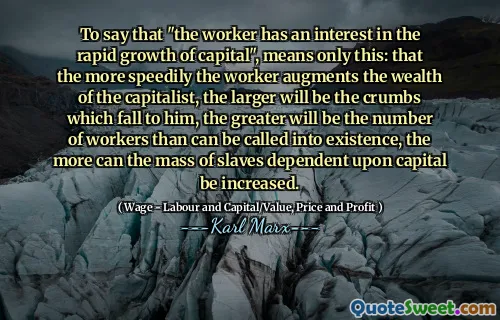Karl Marx was a revolutionary thinker and philosopher whose ideas significantly shaped modern political thought. Born in 1818 in Prussia, he is best known for developing the theory of communism, which critiques capitalism and promotes the establishment of a classless society. Marx's work highlights the struggles between the working class, or proletariat, and the owning class, or bourgeoisie, laying the groundwork for various socialist movements. In his seminal works, including "The Communist Manifesto" and "Das Kapital," Marx argues that history is driven by economic forces and class struggles. He believed that capitalism, while productive, ultimately leads to inequality and alienation among workers. Marx's analysis of capitalism emphasized issues like exploitation and the concentration of wealth, advocating for the working class to rise against oppression. Marx's influence extends beyond politics; his ideas have impacted sociology, economics, and culture. He has inspired countless movements and thinkers, leading to varying interpretations of his theories. Although some of his predictions about the collapse of capitalism did not materialize as he anticipated, Marx remains a pivotal figure in understanding social dynamics and class relations in modern society.
Karl Marx was a revolutionary thinker and philosopher whose ideas significantly shaped modern political thought. Born in 1818 in Prussia, he is best known for developing the theory of communism, which critiques capitalism and promotes the establishment of a classless society. Marx's work highlights the struggles between the working class, or proletariat, and the owning class, or bourgeoisie, laying the groundwork for various socialist movements.
In his seminal works, including "The Communist Manifesto" and "Das Kapital," Marx argues that history is driven by economic forces and class struggles. He believed that capitalism, while productive, ultimately leads to inequality and alienation among workers. Marx's analysis of capitalism emphasized issues like exploitation and the concentration of wealth, advocating for the working class to rise against oppression.
Marx's influence extends beyond politics; his ideas have impacted sociology, economics, and culture. He has inspired countless movements and thinkers, leading to varying interpretations of his theories. Although some of his predictions about the collapse of capitalism did not materialize as he anticipated, Marx remains a pivotal figure in understanding social dynamics and class relations in modern society.
More »
Today Birthdays
1955 -
Max Lucado
1946 -
John Piper
1842 -
William James
1907 -
Abraham Joshua Heschel
1887 -
Aldo Leopold
1755 -
Alexander Hamilton
1976 -
Alethea Kontis
1971 -
Mary J. Blige
1825 -
Bayard Taylor
1943 -
Jim Hightower
1885 -
Alice Paul
1923 -
Carroll Shelby
1928 -
David L. Wolper
1954 -
Kailash Satyarthi
1972 -
Amanda Peet
1946 -
Naomi Judd
1970 -
Malcolm D. Lee
1955 -
Christian Marclay
1973 -
Rahul Dravid
1987 -
Jamie Vardy
1942 -
Clarence Clemons
1992 -
Fatima Sana Shaikh
1948 -
Larry Harvey
1930 -
Rod Taylor



